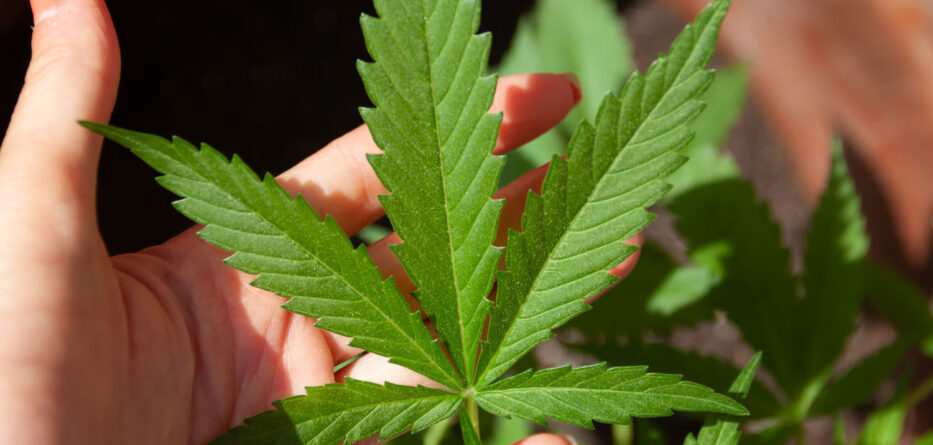CHICAGO — A little more than a year after Illinois became the eleventh state to legalize recreational cannabis, legal-aid groups are working to help residents get past cannabis convictions expunged through a state-funded program called the New Leaf Initiative.
Gray Mateo-Harris, a board member of the Illinois Equal Justice Foundation, said criminal records can prevent people from getting certain types of jobs, financial aid for education and even housing.
She reported 700,000 cannabis convictions are eligible to be expunged.
“Even though it is simply a conviction or an arrest that was likely dealt with a long time ago, still they’re living and reliving the consequences of that arrest or condition for the entirety of their lives,” Mateo-Harris explained.
Funding for the New Leaf Initiative comes from a tax on the sale of cannabis. Mateo-Harris contended it’s a restorative step because Black communities and other communities of color have been overcriminalized in cannabis arrests and convictions.
Mateo-Harris noted Illinois is unique in having social-justice measures built into its legalization law.
“We understood as a state that there needed to be funds and specific earmarked provisions that would allow for some of the profit from what has become certainly nearing a billion-dollar industry to really flow back into those communities that were so heavily impacted,” Mateo-Harris remarked.
Andrew Sharp, content director for Illinois Legal Aid Online, which launched an online portal to provide information on the initiative, said resources are grouped into categories: minor cannabis arrests, minor cannabis convictions and other convictions.
Part of the portal’s job is to help figure out which group someone is in.
“And then educate them on what that process looks like, whether it’s automatic, pseudo-automatic or not automatic at all, and how they can take steps to get the relief that they need,” Sharp outlined.
He confirmed there will be free services available to qualifying low-income Illinoisans, and explained the goal is to make sure all residents have equal opportunity to work, learn and live.






